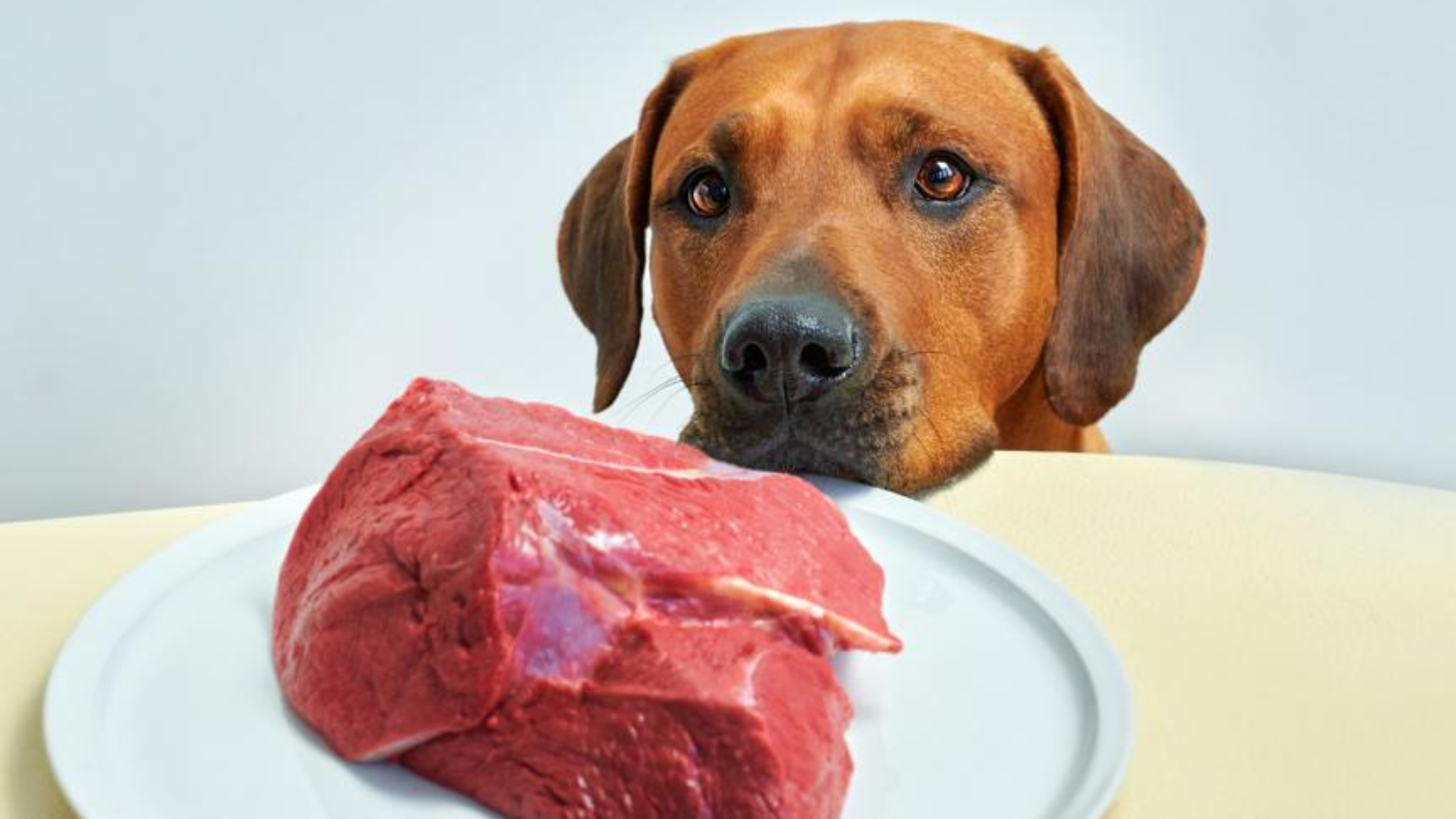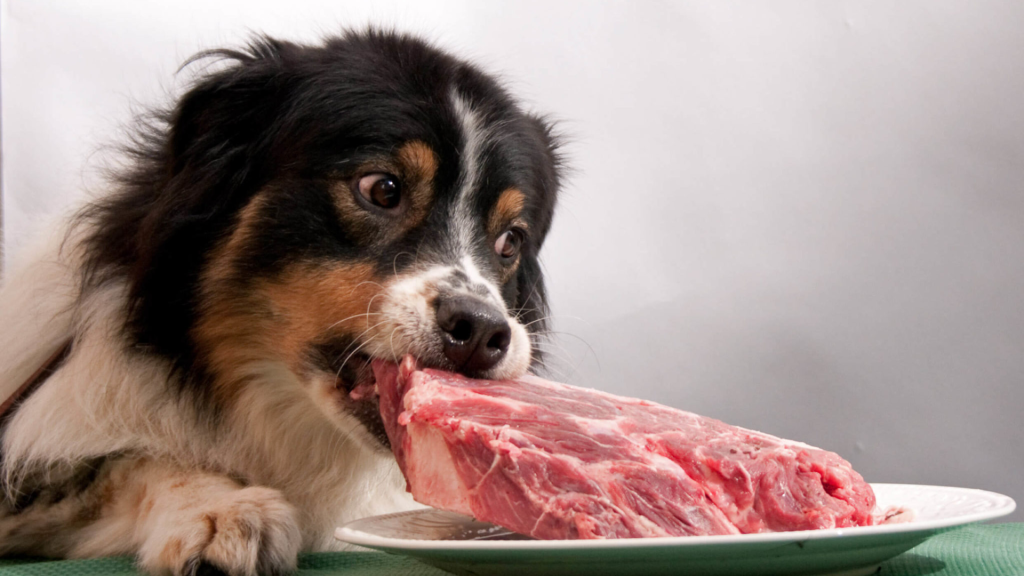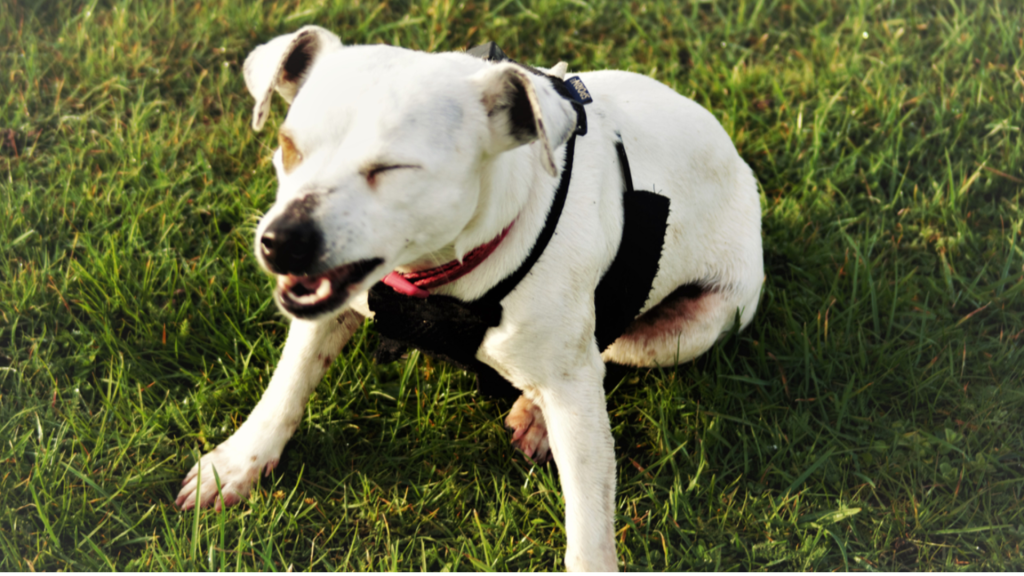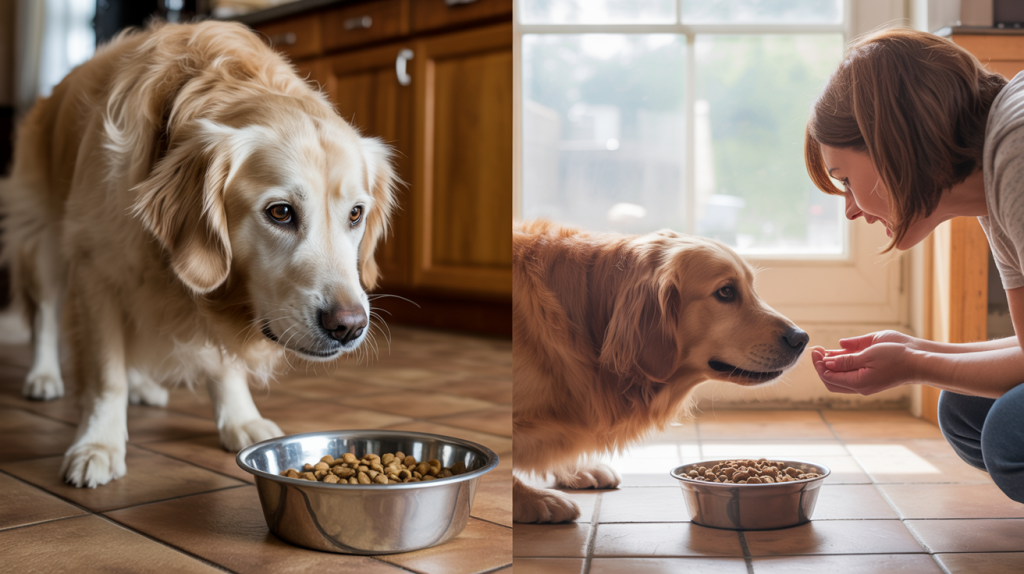Can dogs eat spoiled meat? Will it make them sick?
This concern is completely valid. Dogs may seem like they can eat anything, but spoiled meat poses real health risks. Understanding these dangers can help protect your furry friend from serious illness.
This blog will explain why spoiled meat is harmful to dogs. You’ll learn about the specific health risks involved. We’ll also cover what to do if your dog has already eaten spoiled meat.
By the end, you’ll know exactly how to keep your pet safe from contaminated food.
Can Dogs Eat Spoiled Meat?
Dogs should not eat spoiled meat, as it can pose serious health risks.
Spoiled meat often contains harmful bacteria like Salmonella and E. coli, which can cause food poisoning in dogs, leading to symptoms such as vomiting, diarrhea, abdominal pain, lethargy, and dehydration.
In severe cases, dogs may experience fever, tremors, seizures, or even death if left untreated. Mold on rotten meat can also produce toxins that damage the liver and other organs.
While dogs have a stronger digestive system than humans, they are not immune to the dangers of spoiled food. If your dog consumes spoiled meat and shows any signs of illness, seek veterinary care immediately.
Health Risks Related to Your Dog Eating Spoiled Meat

Dogs are naturally curious and may eat things they shouldn’t, including spoiled meat. While their digestive systems are tough, spoiled meat can still be dangerous.
The following are some answers to, Can dogs eat spoiled meat and the major health risks your dog faces if they eat spoiled meat.
1. Food Poisoning
Spoiled meat often contains harmful bacteria like Salmonella and E. coli.
When ingested, these bacteria can cause severe food poisoning in dogs, leading to symptoms such as vomiting, diarrhea, abdominal pain, and dehydration.
Food poisoning can quickly become serious, especially in puppies, senior dogs, or those with weakened immune systems.
2. Toxin Exposure
Rotten meat can harbor molds that produce dangerous mycotoxins. These toxins can damage your dog’s liver and nervous system, causing symptoms like tremors, seizures, weakness, or even organ failure.
Toxin exposure is a medical emergency and requires immediate veterinary attention to prevent long-term health consequences.
3. Gastrointestinal Upset
Eating spoiled meat can irritate your dog’s digestive tract, leading to gastrointestinal upset.
This may include symptoms such as nausea, excessive drooling, loss of appetite, and stomach pain. Persistent gastrointestinal issues can result in dehydration and may require supportive care from your veterinarian.
4. Parasite Infection
Spoiled meat can be a source of parasites such as roundworms, tapeworms, or protozoa. These parasites can infest your dog’s intestines, causing symptoms like weight loss, diarrhea, bloating, and poor coat condition.
Some parasites can also be transmitted to humans, making prompt treatment essential.
5. Pancreatitis
High-fat spoiled meats can trigger pancreatitis, an inflammation of the pancreas. This condition is extremely painful and can cause vomiting, abdominal pain, lethargy, and loss of appetite.
Pancreatitis requires immediate veterinary intervention and may lead to life-threatening complications if not treated promptly.
What To Do If Your Dog Eats Spoiled Meat
If your dog eats spoiled meat, act quickly to minimize health risks. First, monitor your dog closely for symptoms such as vomiting, diarrhea, lethargy, or loss of appetite.
Ensure your dog has access to fresh water to prevent dehydration. Do not feed your dog for 12–24 hours if they are vomiting, but continue to offer water. If symptoms are severe, persist beyond 24 hours, or include neurological signs like tremors or seizures, contact your veterinarian immediately for advice and treatment.
Never attempt to induce vomiting unless directed by a vet. Early veterinary intervention can prevent complications and ensure your dog recovers safely from potential food poisoning or toxin exposure
Signs and Symptoms of Food Poisoning in Dogs
Dogs that eat spoiled meat are at risk of food poisoning, which can manifest through various symptoms. Recognizing these signs early is crucial for prompt treatment and your dog’s well-being.
Here are the most common signs and symptoms of food poisoning in dogs:
1. Vomiting
Vomiting is often the first sign of food poisoning in dogs. It occurs as the body’s immediate response to expel harmful substances. Frequent or severe vomiting can quickly lead to dehydration and electrolyte imbalances, making it important to monitor your dog and seek veterinary care if vomiting persists.
2. Diarrhea
Diarrhea is another common symptom and may be accompanied by blood or mucus. It indicates irritation or infection in the digestive tract caused by spoiled meat. Persistent diarrhea can lead to significant fluid loss, increasing the risk of dehydration and requiring medical attention to restore your dog’s health.
3.Lethargy
A dog suffering from food poisoning may become unusually tired or weak. Lethargy is a sign that your dog’s body is fighting off infection or toxins. If your dog is less active than usual, reluctant to move, or uninterested in normal activities, it’s a clear indication that something is wrong.
4. Loss of Appetite
Dogs with food poisoning often refuse to eat, showing a marked loss of appetite. This can be due to nausea, abdominal pain, or general discomfort. Prolonged refusal to eat can lead to weight loss and nutritional deficiencies, so it’s important to address the underlying cause promptly.
5. Abdominal Pain
Abdominal pain may be observed as whining, restlessness, or sensitivity when touched around the belly. Dogs might also assume a hunched posture or stretch frequently. This discomfort is caused by inflammation or infection in the gastrointestinal tract and should not be ignored, as it can signal serious illness.
The Bottom Line
Keeping your dog safe from spoiled meat is straightforward once you know the facts. Fresh, properly stored meat is always the best choice for your pet. When in doubt, throw it out.
Remember that dogs can get food poisoning just like humans. Their strong stomachs don’t make them immune to harmful bacteria. Watch for warning signs like vomiting, diarrhea, or lethargy after meals.
We hope this blog has resolved all your questions about, can dogs eat spoiled meat. If you suspect your dog ate spoiled meat, contact your vet immediately.
Quick action can prevent serious complications. Your furry friend deserves fresh, safe food every time.









